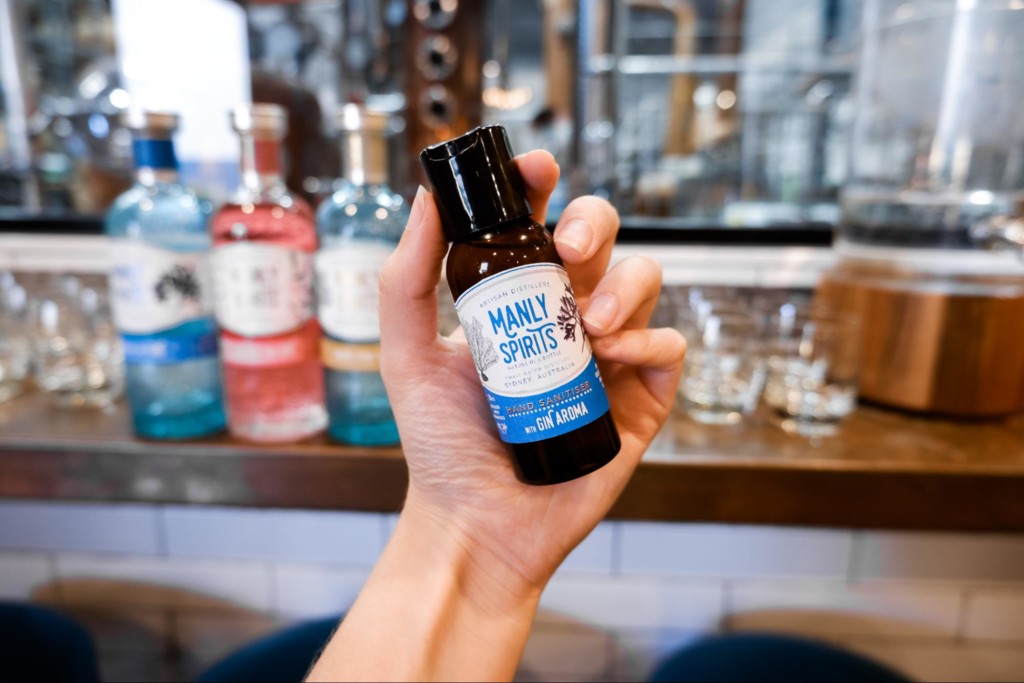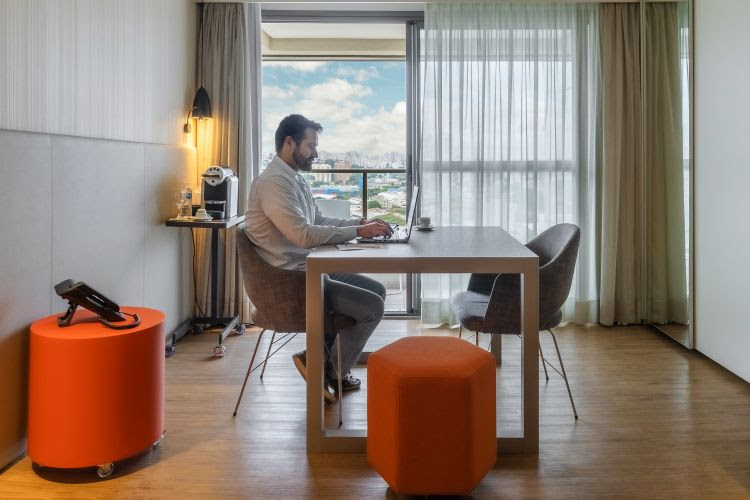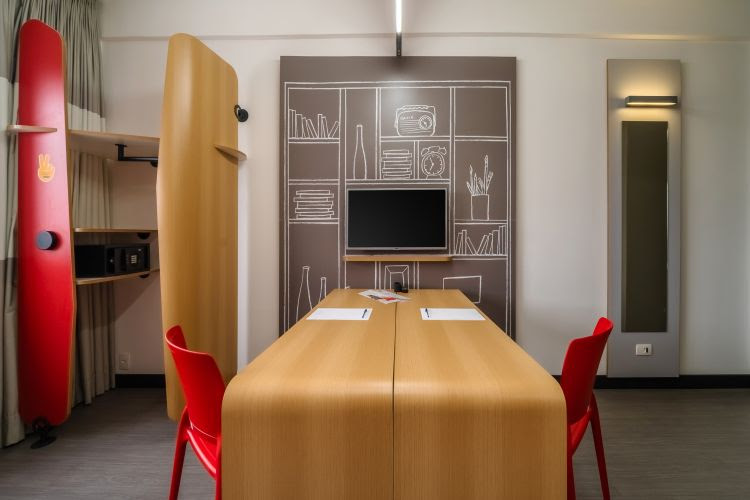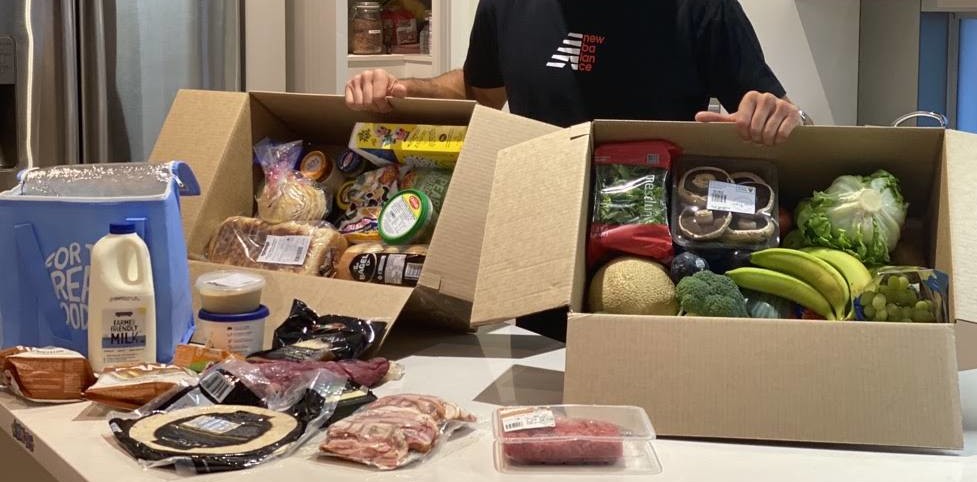Innovation and resilience.
How to adapt and pivot when you lose revenue
It’s been challenging for everyone. The Corona Virus outbreak made many of us redundant. As businesses, it made some of our most prominent line of revenue sometimes completely stop and even become obsolete.
I’ve read somewhere that we’re all in the same sinking ship, but some of us have speed life saving boats and some of us only have a life-vest. I tend to agree with the analogy. The impact of the crises lands differently depending on your context. So how should we be thinking about our next steps? How do we become resilient and innovate in the new world normal?
It’s always good to have a name for the economic changes we are experiencing. The Board of Innovation coined the term the Low Touch Economy.
We will probably have an expanded timeline living with restrictions, with limitations of gatherings in private and public spaces and travel, as well as new hygiene standards. Our communities are developing new habits and behaviours in response to these new patterns that are here to stay. Some may never want to stop working remotely, and others might decrease their social interactions even if restrictions are lifted. Many of us will be more cautious when it comes to physical interactions, but our emotions and needs for connectivity are still around and tend to get even stronger.
In the Low Touch Economy, things that cannot become 100% digital will be touch-free, and those who can will operate 100% digitally.This means that your product, which used to live in its own space, will now probably be inside your user’s home.
Here are some questions that might help you innovate and be resilient:
- What part or aspect of your business is still relevant now? Or even, is there a part or aspect of your business that addresses a client’s need that you haven’t been paying enough attention before?
If your revenue has been deeply affected or if you have the bandwidth to try new things and explore new markets, adapt and pivot. Here in Australia, we have seen distilleries changing their production line and adapting to produce hand sanitisers.
In Brazil, I’ve seen a group of restaurants that are using their operations to donate food for vulnerable people. Instead of maintaining their business model doing delivery, like everyone else, they decided to work as one long line of production to produce and deliver quality food for people in need (homeless and people living in the streets). The new business model is now based on donations, and with that, they were able to keep all staff during the crises, while their reach and brands are expanding. I am sure they will return to a different business model once the crisis is out of its peak. Still, I am also sure they will have achieved a massive cohort of loyal new customers who started donating for the cause and will, later on, want to keep engaging with their brands. They called this movement “combat kitchen”, and I think it shows generosity, but also creativity on surviving the crises.
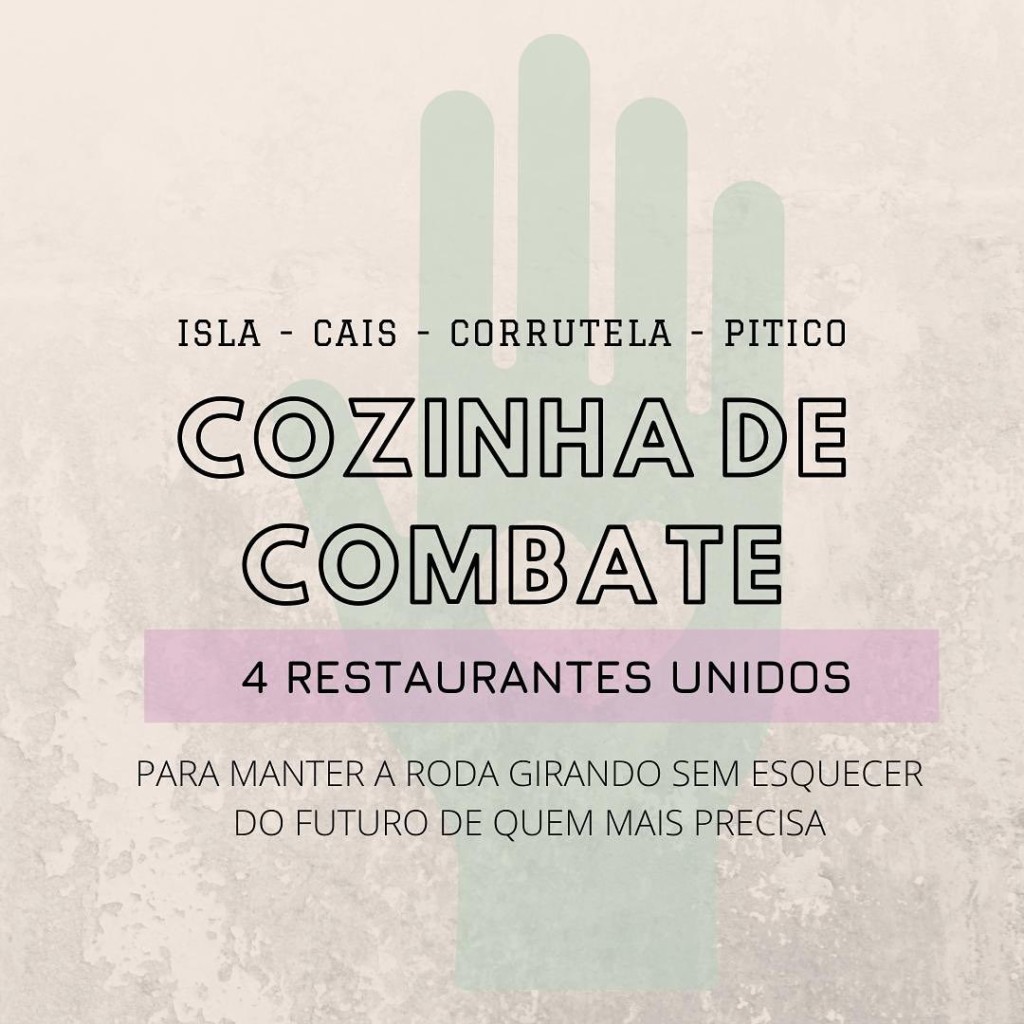 |
|
|---|
- What are new emerging needs you’re observing from your clients/ users and partners? Priorities changed. How could you adapt to that?
Many businesses have had to adapt their business model to go online, creating new digital experiences. I loved to see the new online-clubbing experience from Jingdong (link) and the Chinese music label Taihe Music Group. They partnered with various international alcohol brands and live-streamed TMG”s signed DJs. Budweiser, Rémy Martim, Carlsberg and Pernod Ricard participated in the experience.
In Brazil, we saw the massive response from the live session from DJ ALOK peaking 27million people watching the live. Check out the neon lights they were projecting from the DJ’s home \0/!
Another example of rapid adaptation came from Accor. You may have seen Accor’s new proposal, the room-office, for guests who need a private office for the day.
|
|
|
|---|
- How could you redesign your product offer to deliver a new kind of experience or value to your clients, and also make your business thrive during the outbreak? Rethink your customer experience and redesign your offer.
Some businesses have different kinds of problems. Supermarkets all around the world were faced with an increase in their sales, with issues ranging from distribution to delivery. I particularly liked how Harris Farm in Australia dealt with the problem, creating a “no-choice” box for an overnight service delivery.
Now, deliveries are normalised, but what are the new needs of your customers? How could you redesign your service offer, adapt and pivot?
Amaro, a Brazilian, direct-to-consumer digital fashion label, without the possibility of doing regular photoshoots with real people, created a virtual model to be the star of their campaigns. Her name is Mara, “taurine, mother of several plants and a dog lover”.
Amaro says that Mara will become a model in the long term for the brand. They also opened the digital e-commerce platform for other brands from the fashion industry to sell their products, acting as an ecosystem.
- Are you still doing business like 2019?
Reality did change, and we are living a new normal. How can you transform your existing product to a digital experience? Companies tend to think about digital transformation as a way to reduce costs and scale their business, but users expectations are quite different. A digital experience means they expect access to your product offer 24/7; users also expect better cost efficiency and personalisation. When adapting and pivoting, what digital product are you going to create? Think about your unique selling value proposition and your end-to-end service journey.
While we’re still isolated at home or mostly avoiding gatherings, it’s essential to think about accelerating digital offers. A rapid design of digital products and offers is your way of continuing to stay relevant and enduring the disruption caused by the virus.
The first step to developing a digital product is to ensure your team has the right working system and innovation methods. We have launched a sprint for creating digital products to help organisations create new revenue streams. Contact our team if you need help!
—
Follow us on social
Instagram – Facebook – LinkedIn – Youtube – Spotify
How Can We Help?
- For training and Innovation Journeys in your company: check out our in-house course offering.
- For upcoming courses in your region: visit our website.
- For upcoming events in your region: look at our event calendar.
- If you have a special project and would like to use Echos’ consultancy services: send us an email.
- Want to speak to a real person? Call us on 1300 502 006


